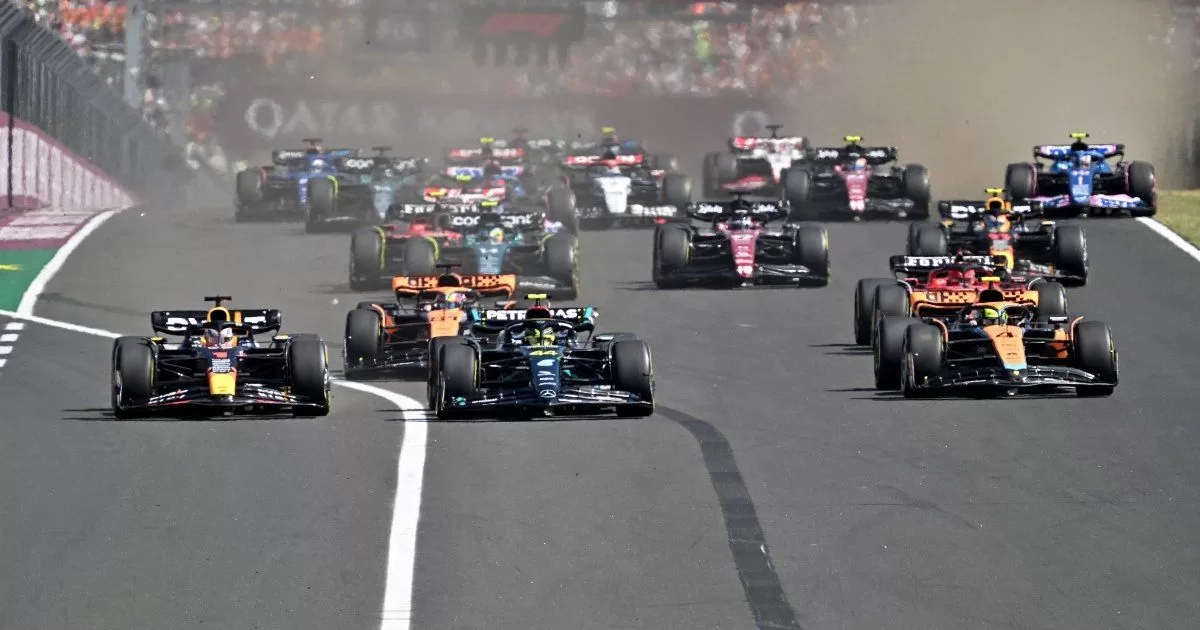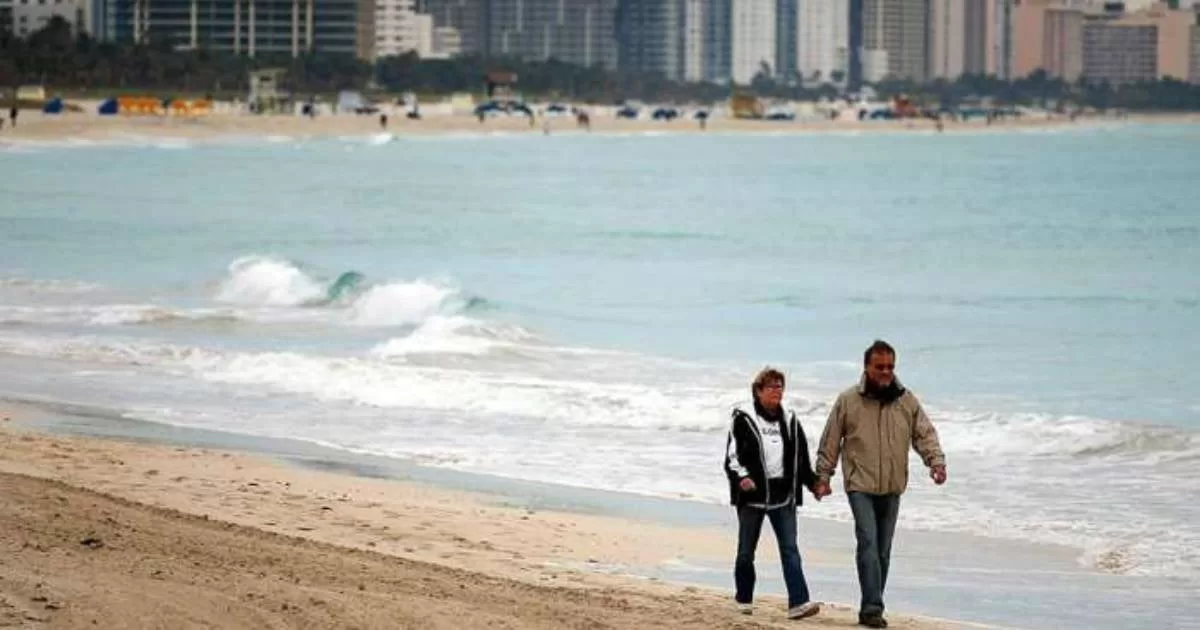Ukraine is becoming more and more western under strong German influence, which is not only ensured by the Leopard tanks on the battlefield; but now also the prospect that the German Economics Minister Robert Habeck presented to the attacked country. In the short term, Germany is providing emergency economic aid, for example to rebuild the infrastructure that was shot up by Putin’s rockets. In the medium term, however, the Ukraine should be part of the German energy supply with renewables.
So soon Ukrainian hydrogen instead of Russian gas and oil. If it works like that – what’s left for Vladimir Putin? The decoupling between Germany, between all of Europe and Russia, is intended for the long term. Coupling with the Ukraine, decoupling from Russia, that is the content of the cultural-economic turning point. What does that mean for Russia?
Putin is robbing the Russians of their future – that raises five pressing questions
Putin robs an entire generation of Russians of a prospect of prosperity, he has cut off his country from Western technology that no longer exists for Russia as a result of his war. Most of its best people, the mobile, educated, democratic, defected long ago, with hundreds of thousands of them running before they were drafted. Which raises some crucial questions:
- Why are the Russians doing this?
- Why don’t people who are deprived of their prospects take to the streets to protest?
- Why hasn’t Putin fallen yet?
- Is that even possible?
- In general, how could Putin not set up a new authoritarian regime 20 years after the collapse of the Soviet Union?
The answer given by the Moscow correspondent and book author Michael Thumann is disturbing: “Because the vast majority of Russians willingly supported him.”
“Consent dictatorship”: Putin’s typical supporter is the “Sovok”
“Revenge” is the name of Thumann’s book, which everyone who wants to understand Russia right now should read. Thumann wants to explain – and manages to do so – how, according to his subtitle, “Putin created the most threatening regime in the world”. Which, if you like, can certainly be taken as a warning – against the view, recently held by important US Republicans, that it is “only” a matter of a “regional war” in Ukraine.
On page 150, the author and “Zeit” correspondent Thumann drops a word that sounds disturbing to German ears. Putin made Russia one “consent dictatorship” made. Putin’s typical supporter is the “Sowok”:
“The homo sovieticus who survived the Soviet Union. He usually lives in a medium-sized town in the Russian provinces. Works in administration or in a similarly bureaucratically managed company. Watches a lot and only state television. From the sofa, the Sowok follows the screen in a frenzy of revenge and satisfaction as the minority gets under the police boots.”

(Advertisement): The book by Michael Thumann
Revenge: How Putin created the most menacing regime in the world
Putin’s narrative resonates with the majority of Russians
We know such things from German history. No Hitler without collaborators, sympathizers, followers. It is the offended, the humiliated, to whom an authoritarian ruler gives meaning and social status again. He then wages wars of conquest, such as the German colonial war against the Ukraine from 1941 onwards, or he shoots the “fraternal people” dead for his leader, as Putin demonstrates in the Ukraine, following the example: And if you don’t want to be my brother, I’ll beat him skull one.
Putin’s tale resonates with the majority of Russians because it’s an old Russian tale. In which a will is stronger than reason, violence more important than law, a leader stronger than all institutions. “Russia’s borders don’t end anywhere.” Putin said in 2016.
Thumann recalls Ivan the Terrible, who massacred the population of the proud trading city of Novgorod because they wanted to be different – “even then it was a matter of assimilation or annihilation”. Or the ruthless Russian wars of conquest in the 18th and 19th centuries in the Caucasus; the Circassians were driven into an extermination campaign because they didn’t want to be Russians. That’s how it was in Chechnya – back in the 19th century, using the same methods as in Ukraine today: plundering, rape, expulsion, enslavement, torture, burning down of villages.
“It’s Putin’s war. It’s not the Russians” – Scholz could have been very wrong here
What Putin did in Bucha, he did back in 1999, while in office, in Chechnya – Grozny was bombed until nothing was left. A war of revenge against the civilian population – because they didn’t want to be Russian, as Putin wanted. “So Russia does not follow fascist models, but its own colonial history.”
Olaf Scholz said in August last year: “It’s Putin’s war. It’s not the Russians.” That may have been well-intentioned, maybe it was also politically correct, but if you follow the reports of Thumann, who has been adept at Russia for many years, then that’s a complete misjudgment on the part of the Chancellor. Thumann cites polls from last summer that say 80 percent approve of Putin’s Ukraine campaign. The author substantiates this with depressing conversations in his Russian circle of acquaintances.
At the end of September 2022, the Russian military blogger Vlad Tatarsky, who had just been the victim of an assassination attempt in St. Petersburg, cried out in all seriousness: “We will conquer everyone, we will kill everyone, we will kill everyone, we will plunder everyone – just as we please. This corresponds not only to Russia’s current warfare in Ukraine, but also to what Russian “leaders” have taught their people for centuries: What counts is not the rule of law, but the law of the strongest.”
Because the majority of Russians follow him, Putin is unbreakable for the time being
Putin’s rule is based on fear and terror – internally and externally. Putin’s Russians seem willing to follow this narrative. According to a survey by the Public Opinion Foundation, a staggering 86 percent of the Russian population believed when war broke out that the world was now “fearing” Russia. And three quarters said Russia is “respected”. Admiration, respect, trust – none. Putin’s resource of power is fear.
Putin cannot lose the war at all. Not because of his supposed military invincibility. But as the master of history. Because the majority of Russians follow him, Putin is temporarily – unbreakable.


